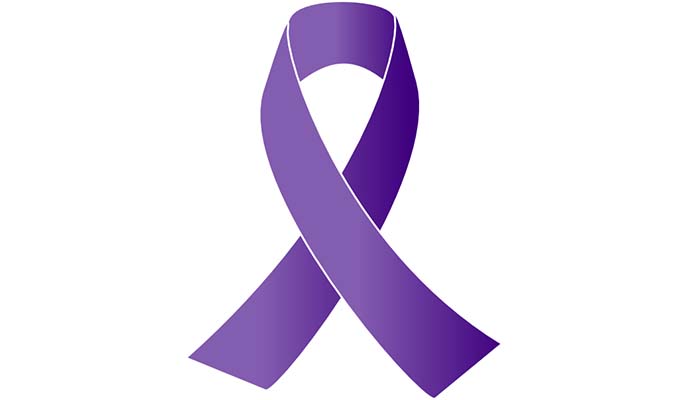
THE private sector has been urged to assist in early detection of cancer through awareness and wellness programmes at workplaces.
By Phyllis Mbanje
Health and Child Care ministry acting permanent secretary Gibson Mhlanga made the call during a media conference on cancer in Harare recently.
“It’s a win-win situation whereby workers’ health is guaranteed. Members of medical aid societies continue to contribute to the schemes, and businesses remain afloat and viable. Your individual, family, community and collective national actions matter — cancer is not beyond us,” Mhlanga said.
Cancer has remained a serious public health threat with over 6 000 cases being reported annually.
The situation has been compounded by a perennial shortage of cancer drugs in public health facilities.
It is understood that reported cases of childhood cancer have almost doubled since 2005.
- Chamisa under fire over US$120K donation
- Mavhunga puts DeMbare into Chibuku quarterfinals
- Pension funds bet on Cabora Bassa oilfields
- Councils defy govt fire tender directive
Keep Reading
Kidzcan director Ntombi Muchuchuti also said many cancers were not captured by the routine national health information system because the patients do not present themselves for treatment or register deaths.
Kidzcan is the only local child-centred humanitarian organisation dedicated to the provision of clinical childhood cancer care and management services and programmes.
“Childhood cancer can be curable even in resource-poor countries. It’s possible to save the lives of 50–60% of children with easily treatable malignancies,” Muchuchuti said.
The incidences of childhood cancers had raised alarm among stakeholders more so when the disease has not received as much attention and resources as HIV and Aids.
The rise has been attributed to various reasons which include dietary changes and lifestyles.
“Dietary changes have also contributed to the high incidences of cancer as much as exposure to harmful chemicals for people working in some mining and agricultural projects,” Kidzcan representative Gift Marunda said.
“There is a high awakening within communities concerning childhood cancer and many people now have a basic knowledge of what is involved,” Marunda said.
According to statistics from the Zimbabwe National Cancer Registry in 2005 there were 142 cases of child cancer while 236 were reported in 2013.
“There is a gap in cancer treatment with only a few public facilities offering treatment,” Marunda said.












